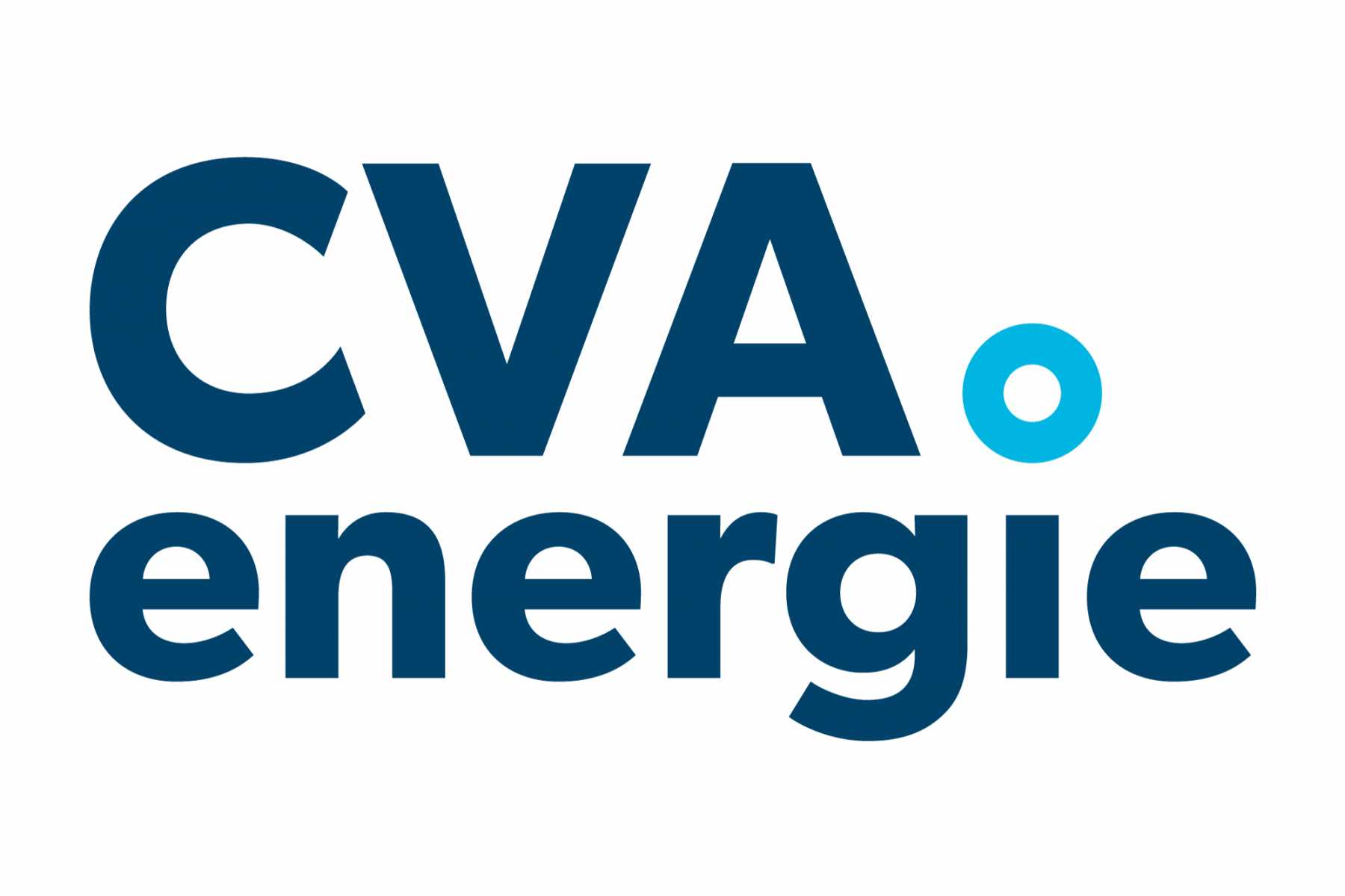
Overcoming stereotypes and prejudices that still make the career of women in science an obstacle: To achieve this goal, in 2015, the United Nations General Assembly established the International Day of Women and Girls in Science. The need to celebrate it emerges what any woman and scientist know all too well: science is not a woman, and it is not yet enough. Not because women are less prepared, the data suggests just the opposite, but because there is strong gender discrimination that relegates girls and women to secondary players.
To fill the void, the stories of those who with their experience subverted traditional expectations and pursued their own expectations STEM Track (Science, technology, engineering and mathematicsWith dedication and perseverance: Eleonora Pucciof the CVA Group, practicing a profession Operational technology in the quality, safety and environment sectorwith additional duties as an in-house trainer, Class III PPE inspector and auditor under ISO 45001, 14001 and 9001. Her academic and professional career, along with the challenges she faces, represents the most effective answer to iterating what remains to be seen: Science is definitely “female stuff”.
STEM jobs are still very uncommon among girls today: As reported by ISTAT data, 36.8% of STEM graduates are men, versus 17% who are women. On the other hand, his academic background proves otherwise. Where and how is your course organized?
My course of study, just like mine, has been illustrated and has its roots between science and art: upon closer examination, two worlds are intertwined. As the daughter of writers and technicians, I went to an art institute where I studied Enhance different aspects of my creative personalitya, to a practical mineralogist, rock and fossil scientist at the University of Geosciences in Milan.
What were the main reasons why you chose to major in the STEM sector?
Choosing to change the entire field of studyIt wasn’t easy at all. Although originally from Rome, we moved with my family to the Aosta Valley when I was a little over 4 years old, and always because of a particularly curious and practical personality, it was impossible for me not to fall in love with the landscape, with the secrets that its peaks and valleys hide under the surface. Between tectonic movements, metamorphic minerals and mysterious shell fossils hidden among the peaks. Long moments of discussion with my family and the professors did the rest.
What are the greatest challenges and opportunities that you have had the opportunity to encounter along the way?

I have encountered a lot of them and I know they are waiting for me. First, learn this change must be experienced as one Extraordinary opportunity for developmentAs a woman, as a human being, and as an active part of society. I had to learn to deal with the feeling of inappropriateness in some technical environments that women inevitably have glued to their back, and turn it into an added value.
In academic and career choices related to STEM subjects, how much do they influence gender stereotypes that, too often, science is not a “women’s thing”? How many are in yours?
The biggest obstacle that a woman has to overcome is directly proportional to the obstacle a stumble liberation level. Not only science and technology is a predominantly male field, let’s say that whatever does not fall under the care of the family or the home economy is an area in which the presence of women can create shadows left by some colleagues of the opposite sex, they become intolerant. I was fortunate, I had a family that supported my diversity so strongly, providing me with the right keys to reading and personality, so that I never got discouraged.
Henrietta Levitt was an American astronomer working at Harvard University as a computer because women were not seen as astronomers at the time. Caroline Herschel, astronomer and mathematician, was the first to discover a comet. But he lived in the shadow of his more famous brother. However, where are we today with the emergence of women in the STEM sector?
A lot has been accomplished, but it would be hypocritical to say that we are approaching the finish line, especially in Italy. I live in a wonderful country, yet he maintains one very paternalistic lookwith roles and expectations towards women that are not imposed in the dark.
Today you work with the CVA group: What do you do and which aspect of your profession, in particular, connect you with the ambitions you had as a “girl in science?”
The company I work for has given me so much. It increased my cultural background, allowing me to further specialize in technical issues related to health, safety and environment. It has supported my professional skills by giving ample space and confidence in managing and organizing my work. Indeed, I consider myself a very fortunate person, even if I think that each of us is still the author of his own career.
What do girls who want to start a career in STEM need to know today? Is there a specific message you would like to send to them?
No matter how much they criticize you, how guilty they make you feel, how much they try to banish you into a closed role or place, Stand up for your rights and your passion for science.
Live quietly the greatest adventure in life, the adventure of being yourself, without allowing yourself to be conditioned by what others want for you. Along the way, you will learn the art of courage and character development. The world needs you! (Source CVAenergieMag)